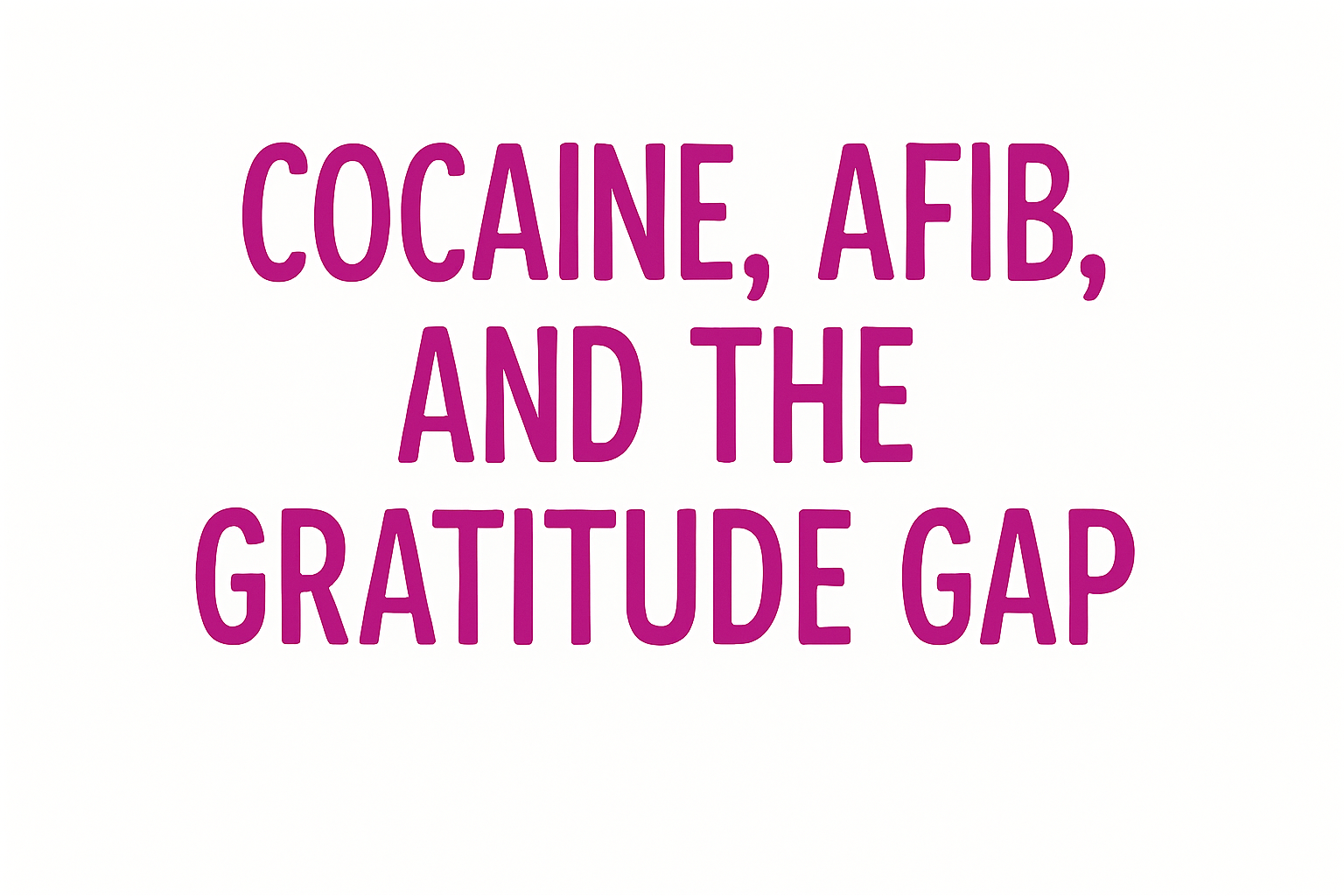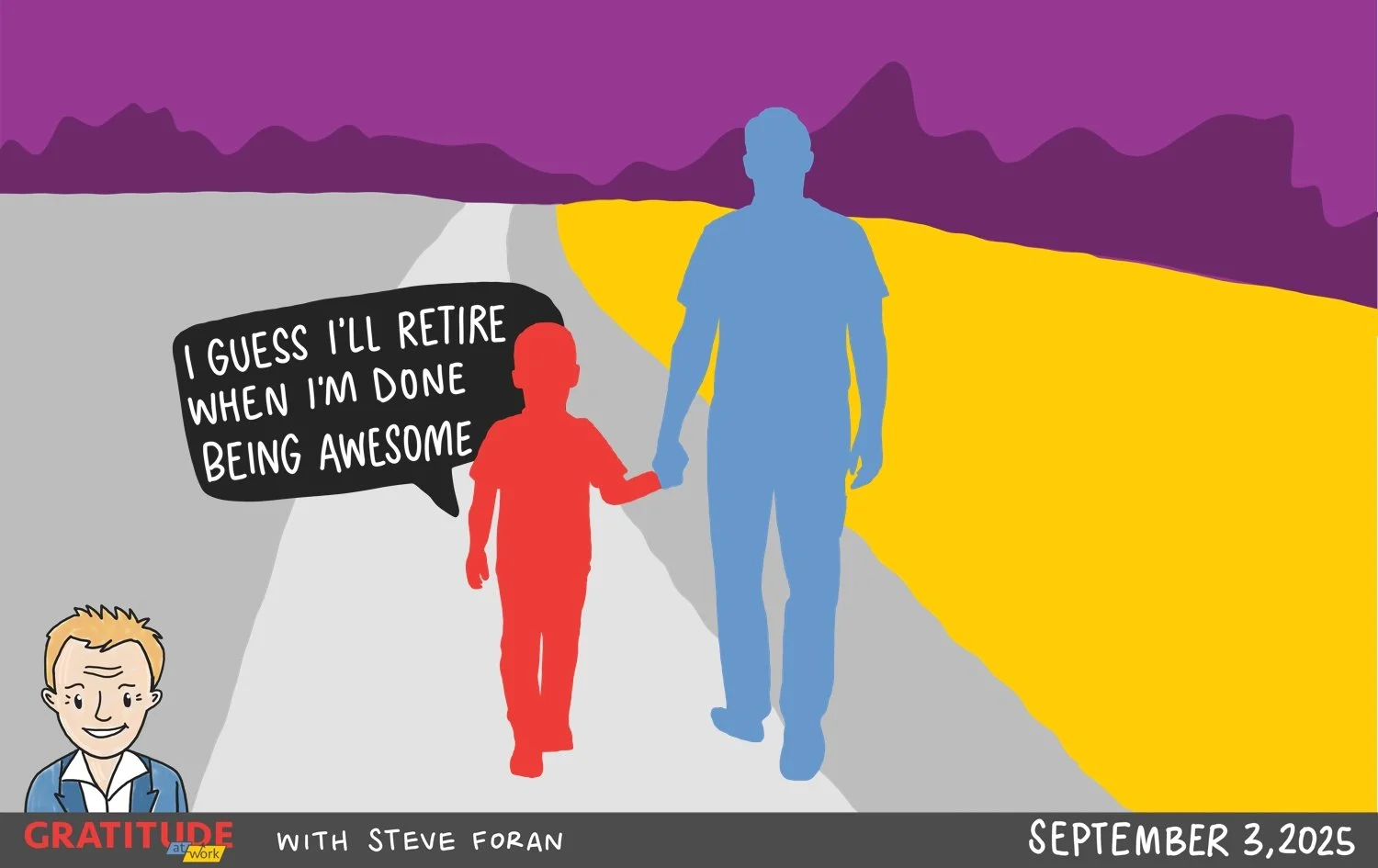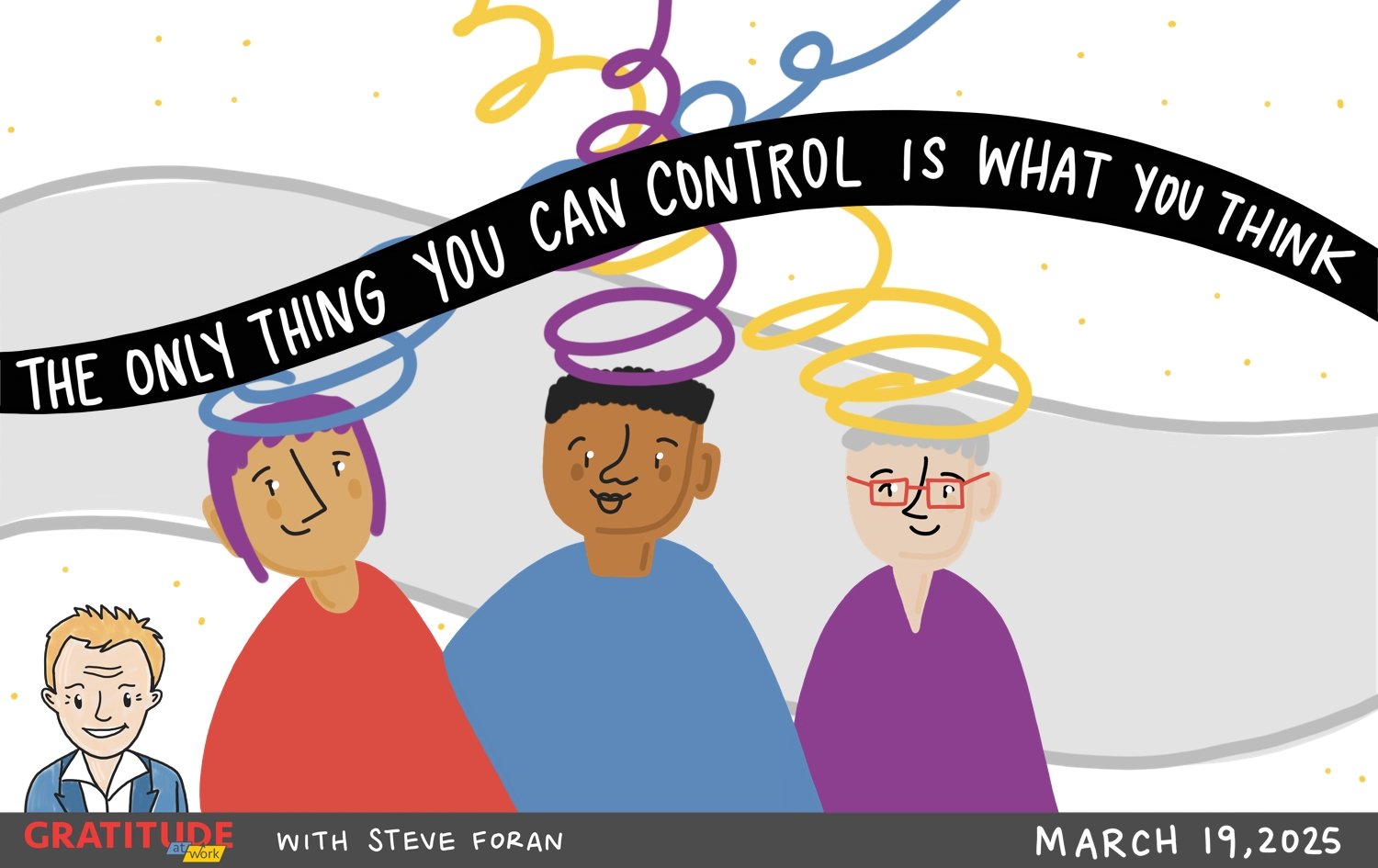Caring Leadership: The key to engaged teams
If you do not care about your people, you can stop reading now.
So here’s a question for those of you who care, "Do your people know and believe you care about them ?"
Many of your people will fall into one of two very distinct categories—Cynics and Believers, depending on what they believe:
Cynic - They believe you don’t care about them
Believer - They believe you care about them
There’s a third group of people and it may be the largest group of all—these are people who don’t hold either of these beliefs. In these folks there's no conscious belief about whether you care or not—these are the Uncertain.
Uncertain - They don’t believe you care about them
This subtle difference is key and we’ll come back to it because within the Uncertain, lies perhaps your greatest opportunity.
Why the perception of caring is important
As a leader, you are continuously forced to make decisions that could be interpreted as uncaring. Whenever you make a decision that balances the interests of multiple stakeholders, it is impossible to satisfy everyone. And for many of the unhappy ones, their instinctual response is to label you as uncaring about them and their plight. This erodes any belief that you care about them.
Their belief, even when it is not true, is their reality and people behave as if you don’t care about them. This is a major liability to organizational performance. Recall from our Valentines Day post that one of the primary motivators for showing up as one’s best self is to feel socially valued—which at work, means knowing that your boss cares about you as a human being.
If you want to sustain a culture of excellence, your people must unequivocally know and believe, that you care about them.
The three avatars
The Cynic is typically against everything you do and no matter what happens, your behaviour is cast in a light that reflects you as selfish and uncaring. You may convert some Cynics, but they will take more time.
The Believer knows to their core that you care about them, even when you make decisions they disagree with or you give them feedback that is unpleasant. But just because they are Believers today, doesn’t mean they will continue to be a Believer, so you need to continue to demonstrate you care through your actions.
The Uncertain are the unbelievers. In terms of how they think about whether you care about them, they don’t consciously believe strongly one way or the other—neither that you care nor that you don’t care. Their absence of belief will eventually be replaced by a belief. Which belief do you want them to hold ? It is within this group that you have greatest opportunity to influence people and help them understand that you care about them.
While the avatars don’t perfectly map to the three states of employee engagement, I believe this is how your people’s perception about you translate into employee engagement.
Actively Disengaged = Cynic
Not Engaged = Unbeliever
Engaged = Believer
The remedy
Here are a few ideas to help you influence your people’s perceptions of the care you have for them:
Provide rationale when making unpopular decisions. Acknowledge how your people may be feeling as a result of your decisions and the impact upon them.
Don’t make difficult decisions about you. When you explain the rationale behind a difficult decision, focus the explanation around the impact it has on others, not the impact on you. One of the worst things you can say is anything that tries to win empathy, "I agonized over this decision and had many sleepless nights." (Poor you ! What about my four teammates who are now looking for a job ?)
Make deposits in your people - spend time with them, remove barriers in the way of their success, listen to their ideas, be accessible (with appropriate boundaries), be an advocate for them.
Regularly socialize the idea that being caring and making unpopular decisions are not mutually exclusive.
Take an interest in what interests your people
Don’t say, "It’s a business decision." It’s never just business. It’s business and a whole host of factors.
Be vulnerable.
Let’s build on this list. What do you do to help your people know you care about them ?































